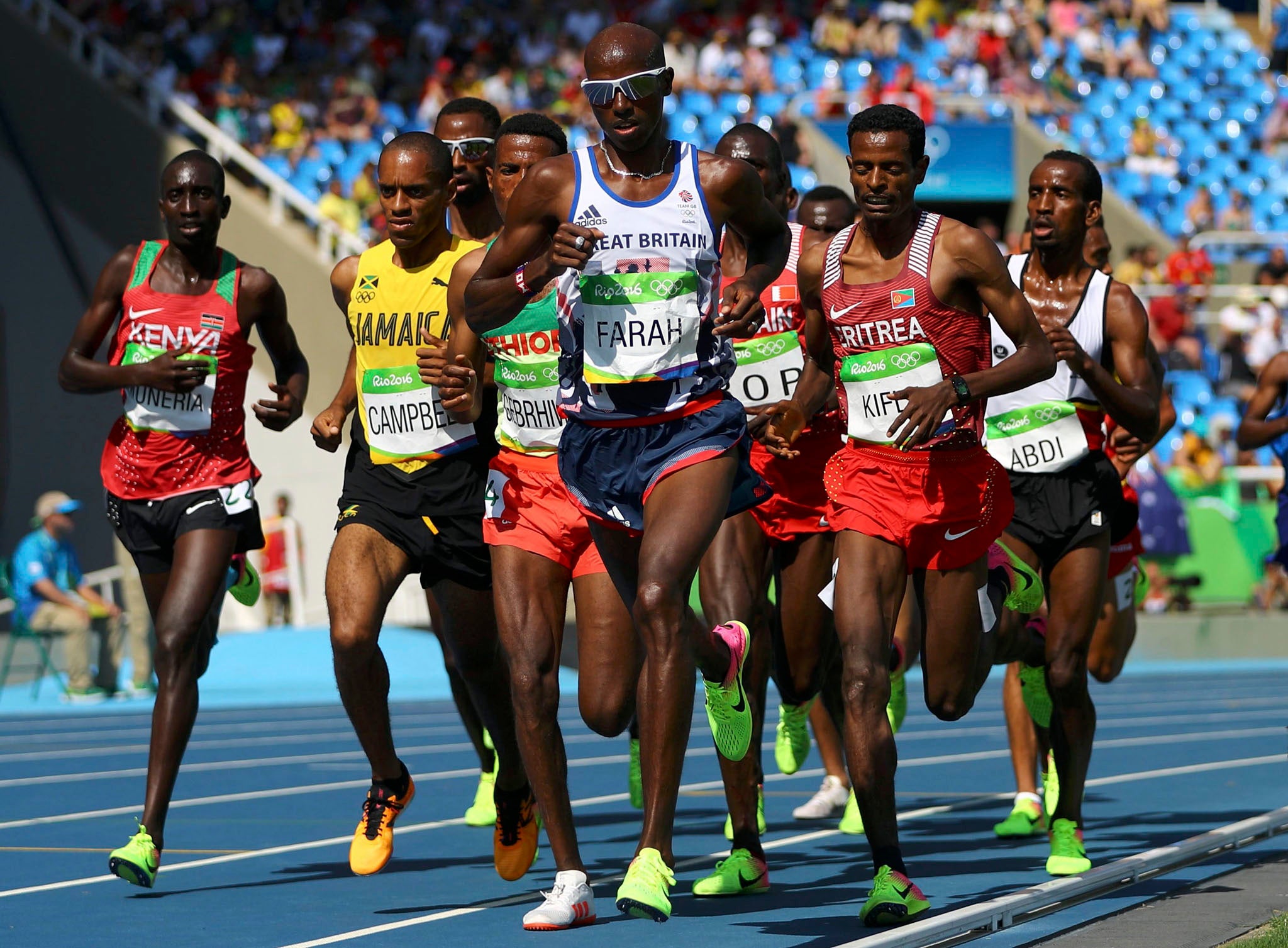Rio 2016: Want to win an Olympic gold? Having a 23 March birthday could help
There is research proving a relationship between the date you were born and sporting success

For those interested in launching a successful Olympic career, having a 23 March birthday could be a good start.
Not only do cyclists Jason Kenny (born in 1988) and Sir Chris Hoy (1976) share this birthday, but also long distance runner Mo Farah (born 1983) and former Olympic rower, Sir Steve Redgrave (born 1962).
Collectively, these four current and former athletes have amassed 20 gold medals across eight Olympics from Los Angeles in 1984 to Rio in 2016.
Sir Steve Redgrave won five gold medals in five different Olympics, a record number only beaten by fellow 23 March babies, Sir Chris Hoy and Jason Kenny with six each.
Mo Farah has so far won 'only' three gold medals - though he does have a chance for a fourth in the 5,000m final in Rio.
In addition to the above four, the first man to run the first ever sub-four minute mile, Roger Bannister, was also born on 23 March in 1929.
If you are considering giving birth to future Olympic champions on this day, the best date of conception has been estimated to be 29 June.
According to research by Queensland University of Technology, your date of birth can have serious impact on future sporting success.
On studying the birthdays of professional Australian Football League (AFL) players, researchers found a disproportionate amount were born in the early months of the year.
Taking into account that the Australian school year begins in January, senior research fellow Adrian Barnett wrote: "Children who are taller have an obvious advantage when playing the football code of AFL.
"If you were born in January, you have almost 12 months' growth ahead of your classmates born late in the year, so whether you were born on December 31st or January 1st could have a huge effect on your life."
Other studies on volleyball, ice hockey, football and basketball found a similar relationship between being born near the start of the school year and sporting success.
British research also found that those born nearer the start of the school year also do better academically and have more confidence.
Join our commenting forum
Join thought-provoking conversations, follow other Independent readers and see their replies
Comments
Bookmark popover
Removed from bookmarks